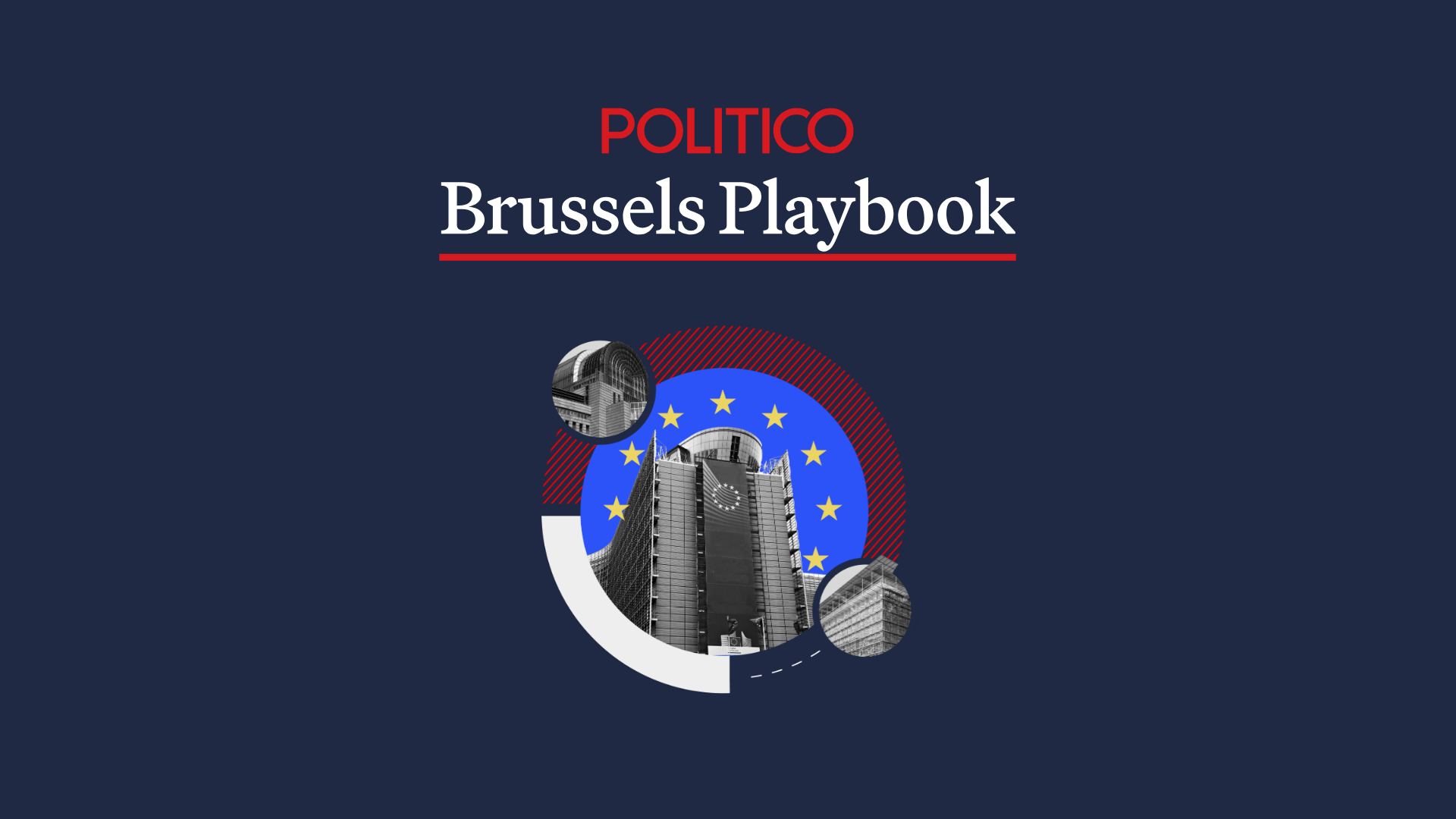Kids send voice notes via screenless smartphone KARRI
Pentagram designs the second generation of the screenless smartphone KARRI, a device that lets kids record, listen to, and send voice messages to their parents like a walkie-talkie. Dubbed a…

Pentagram designs the second generation of the screenless smartphone KARRI, a device that lets kids record, listen to, and send voice messages to their parents like a walkie-talkie. Dubbed a…

HOWDY. Sarah Wheaton here with your Friday edition of Brussels Playbook — and the last by this author. Thank…

Evan Dando’s autobiography opens in early 2021. The singer is living in a mouldering trailer on Martha’s Vineyard. He has a $200-a-day drug habit and is subsisting off a diet of cigarettes and cheeseburgers that he can’t chew because the…

Harry WhiteheadChannel Islands
 BBC
BBCTwo sisters are fighting for change in Guernsey’s mental health services after “watching…

The first series of this sparkling romcom about Kristen Bell’s sex podcaster Joanne and Adam Brody’s hot rabbi Noah was given real spice by its sense of jeopardy. The pair were obviously made for each other…

“When you are at the art fair, you push the fashion to be bold and experiment – no black allowed,” says Belma Gaudio, at the opening of Frieze art fair in London.
Gaudio is the founder of fashion boutique Koibird and an art collector, and…

The headlong rush to build huge new datacenters, in order to support the growth of AI, is raising a number of concerns in the US – around the impact upon the climate crisis, water use and electricity bills. It’s also set to reshape American politics in potentially unusual ways.
Companies such as Microsoft, Google, OpenAI, Amazon and Meta are pouring hundreds of billions of dollars into new datacenters that will form the backbone to the surging use of AI by businesses and the public.
This frenzy of building means that datacenters could account for more than 14% of the US’s total power demand by 2030, triple the amount it does now. Utilities predict that the same volume of electricity it would take to power six cities will be required just to keep data centers online by this time.
More, after this week’s most important reads.
“Meeting this demand will require considerably more electricity than is currently produced in the United States,” a recent report by McKinsey acknowledged of the new thirst for datacenters. “This spike in electricity needs is unprecedented.”
So where will this new power come from? Under Donald Trump’s vision, it will be from fossil fuels, not the wind turbines and solar panels the president disparages as “garbage” and unwanted in the US.
Trump has championed the growth of AI and sought to tear down environmental regulations that can slow the building of datacenters and the gas and coal plants that could power them. Forecasts for coal generation, which has been sliding for years in the US, have ticked up recently amid the AI boom and promises of direct subsidies from the Trump administration.
Clean energy does continue to grow in the US and datacenters could become more efficient over time. But the AI explosion carries a hefty climate risk if it remains hooked to fossil fuels – the International Energy Agency has warned that the amount of planet-heating gases from power plants that run datacenters could double by 2035.
For most Americans, though, there are more pressing worries that come with the new datacenters. As new facilities have sprouted in places like Virginia – which now has a region called “datacenter alley” – and in Texas, people have started voicing concerns about the billions of gallons of water they are sucking up to cool their computer hardware.
after newsletter promotion
Households are also facing steeper bills to fund the new power generation and transmission projects needed for datacenters – electricity costs could rise by an average of 8% nationally in the next five years because of this, recent analysis has found.
Amid existing alarm over inflation, this sort of trend is unnerving to politicians of all stripes. Both Republican and Democratic leaning voters have expressed opposition to datacenters, making it risky for those running in certain congressional districts to echo Trump’s enthusiastic support for them.
If the datacenter boom is to be curbed then cost of living woes, rather than the climate crisis, will likely be the telling factor.
Read more:

You step outside.
And immediately regret every decision you’ve ever made.
Because October wind isn’t just wind. It’s a full-body attack. It doesn’t push — it slices. You are now no longer riding a bike. You are participating in…

LAHORE: The Pakistan Cricket Board (PCB) has announced ticket prices for the white-ball series between Pakistan and South Africa.
The white-ball leg begins with the three-match T20I series, starting October 28 in Rawalpindi, followed by…